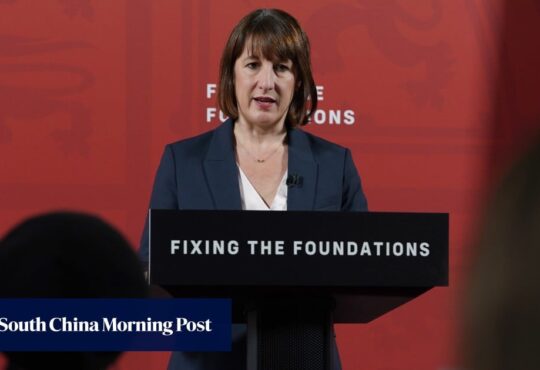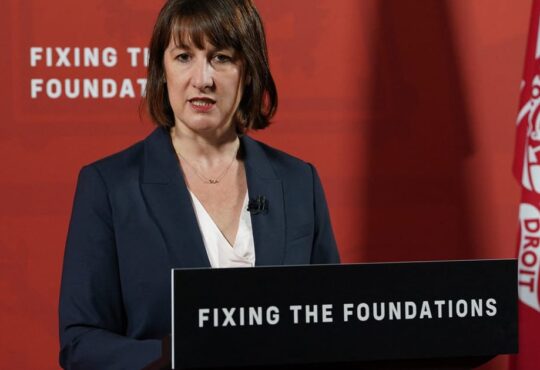
LISBON — The European Union’s €10 billion startup fund has introduced new rules allowing it to exclude co-investments from countries like Russia in sensitive technologies in Europe, the president of the fund’s board has said.
“Russian co-investors are totally banned,” Michiel Scheffer, who chairs the board that advises the European Innovation Council (EIC), told reporters at the Web Summit tech conference in Lisbon Wednesday.
Under the fund’s rules, startups must arrange a co-investor before the EIC can acquire a minority stake for up to €15 million. In October, in new guidelines, the European Commission asked the EIC to be on the alert for foreign investors joining the ticket of startups developing sensitive technologies like microchips.
The new policy corresponds with a wider effort by the EU to maintain control of strategic assets in its economy. The bloc previously drafted rules preventing sensitive technology from being exported to certain countries, while its Foreign Direct Investment (FDI) screening mechanism allows member countries to block investments in strategic companies. Innovation Commissioner Iliana Ivanova in September also promised to better protect the EU’s geopolitical interests in how the bloc spends its research money.
Scheffer singled out Russia, but warned it could take time and effort to detect Russian investors since they can also invest through other funds or operate out of tax havens.
Chinese investors could also face blocks, Scheffer said, adding that China was among “other countries where the rule of law is not at the same level as we have.”
He was less concerned about investment from the United States, however, noting that the U.S. is a “friendly” nation, although conceding that limitations could exist there as well.
The EIC, part of the bloc’s flagship Horizon Europe research program, was launched in 2021 to help prevent research-heavy European startups from fleeing to countries like the United States to access larger and more flexible capital markets. The fund raised eyebrows because it allows the EU’s institutions to play the role of tech venture capitalists. Since its launch it has committed €1 billion to 159 startups.
European authorities can also demand a blocking minority, or “golden share,” in startup investment term sheets, allowing the EIC to prevent the sale of startups the bloc invested in from being sold to unsuitable buyers when it seeks an exit, such as an initial public offering or an acquisition deal.
Scheffer was not able to provide details on whether the EIC had already blocked investors from participating in certain deals.






